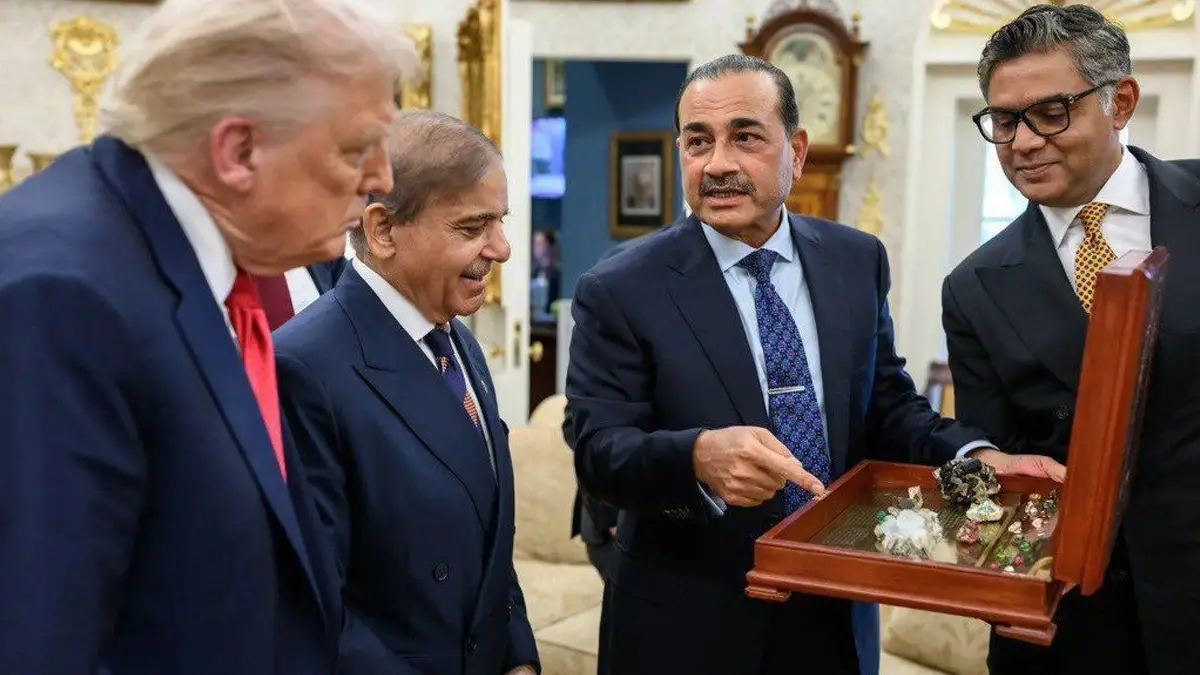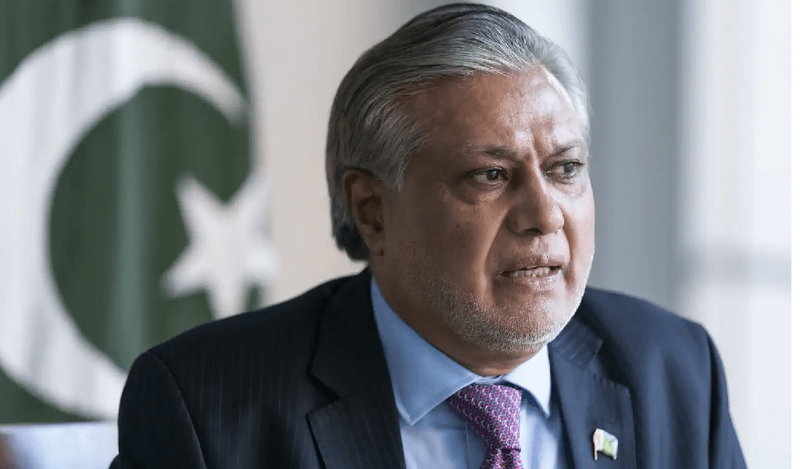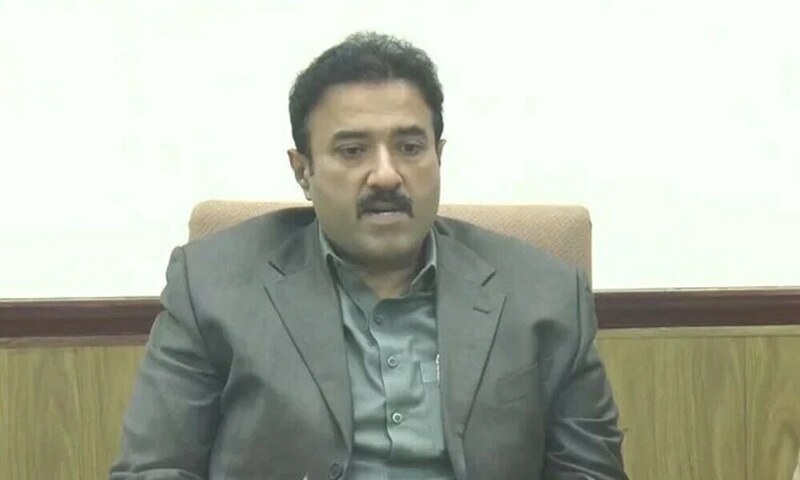Pakistan Tries to Impress Trump; Shehbaz Sharif and Asim Munir Showcase Rare Earth Minerals at White House
By Shruti Sneha
Copyright republicworld

New Delhi: Pakistan’s skill at luring the United States has gained prominence. Last week, Army Chief Asim Munir presented a wooden box supposedly containing rare earth minerals in an attempt to improve his relationship with Washington. The action comes as Donald Trump attempts to reduce China’s grip over the crucial minerals supply chain. A photo of Donald Trump gazing at what it characterised as rare earth minerals was made public by the White House. The photograph shows the US President fascinated by Army Chief Asim Munir’s presentation, which was placed in a perfectly prepared wooden box, while Pakistani Prime Minister Shehbaz Sharif smiled.The picture was taken weeks after a US metals business struck a $500 million investment agreement with Pakistan and following a private meeting at the Oval Office.Pakistan has so far succeeded in dazzling Trump with bright stones. US Strategic Metals, based in Missouri, and Pakistan’s Frontier Works Organization, a military engineering organization under the Army’s structure, inked a memorandum of understanding earlier this month to build a polymetallic refinery in Pakistan.In August, Islamabad presented the United States with what Munir referred to as its “treasure” and signed a trade deal that Pakistan thought would draw U.S. investment in its oil and mineral reserves.”Pakistan has a rare earth treasure; with this treasure, Pakistan’s debt will also be reduced, and Pakistan will soon be counted among the most prosperous societies,” Munir reportedly told Suhail Warraich, senior editor at Pakistani media source Geo Group.When Pakistan last claimed to have found a “massive oil reserve,” it was quickly shown to be a fraud. The ‘potential big find’ offshore was declared by then-prime minister Imran Khan in 2019.According to a report in Pakistan’s Dawn newspaper, the Petroleum Division later rejected the claims, stating that the drilling did not produce the anticipated results, therefore the hope of discovering “Asia’s largest oil and gas reserve” was short-lived.The official statement claims that both parties have shown their willingness to build value-added facilities, increase the capacity for processing minerals, and carry out significant mining-related projects. “The partnership will begin immediately with the export of readily available minerals from Pakistan, including antimony, copper, gold, tungsten, and rare earth elements,” said the statement.The arrangement was praised by the US embassy in Pakistan, which called it a win-win situation for both countries. “This signing is yet another example of the strength of the US-Pakistan bilateral relationship that will benefit both countries,” said the embassy. The agreement comes after previous initiatives to strengthen trade and investment ties between the two nations, especially in areas deemed strategically significant.Additionally, Portugal’s Mota-Engil Group, an engineering and construction firm, and Pakistan’s National Logistics Corp. signed a second deal. These agreements are a component of Pakistan’s larger plan to draw in foreign capital for the development and modernization of its mining industry.With the assistance of international partners, the government has pledged to build value chains and bolster its capability for processing minerals.Sharif asserted earlier this year that Pakistan had trillions of dollars in mineral deposits and that foreign investment in the mineral industry may enable the nation to escape the weight of enormous foreign loans and end its protracted financial problems. The administration anticipates that fresh investment will help stabilize the country’s economy and unleash this potential.The southwest Pakistani region of Balochistan, which has been impacted by separatist turmoil, is home to the majority of the country’s mineral resources.In August, the Majeed Brigade and the Balochistan National Army were classified as foreign terrorist organizations by the US State Department. Although resource production in the area has historically been made more difficult by these security issues, the government and investors are nevertheless committed to growing activities.ALSO READ



